Civic Tech Field Guide
Sharing knowledge and productively growing the fieldSearch Results - ty (4987)
Showing 4987 Results

Who Counts? is the story of the lawsuits, congressional hearings, and bureaucratic intrigues surrounding the 1990 census

Social design is design for society and with society. As social innovation and on the basis of dialogue and participation, social design strives for a new networking of the individual, civil society, government, and the economy.

This book addresses contemporary issues on civic and citizenship education, challenging not just schools but society as a whole. It highlights emerging social influences on civic engagement and democracy in the third decade of the 21st century and analyzes the interaction between these influences and their impact on society. It demonstrates that changes are so complex and the challenges so new that an entirely revised agenda is needed for civic and citizenship education. The book takes society and the changes occurring within it as the starting point and assesses the implications of these changes for schools.

In this eBook, Designing the Urban Future: Smart Cities, we take a good look this relatively new concept, starting with Section 1, "Cities of the Future," which tackles what makes a city smart.

Interdisciplinary discussion of the ways in which the media is and can be used in the service of deliberative equality within the public sphere--and of the ways in which the media can function to both facilitate and inhibit deliberative

This book lays out an impressive, well-articulated set of trends that have affected or will soon affect local governments throughout the nation through technology.

Its key proposition is that, in politics, it is not only power that counts, but good discussions and arguments too

Global in scope, books in the series are characterised by a stress on comparative analysis and strong methodological rigour

This book describes how data retrieved from public open data repositories can improve the learning qualities of digital networking, particularly performance and reliability.

This book comprehensively describes the impact of modern technologies on political leadership by providing a new paradigm of the phenomenon of neo-leadership, that is political leadership oriented on creating both the image and political

This book presents creative forms of sharing driven by idealistic positions and collective actions, thus offering new approaches to sharing of spaces and architecture, experience and knowledge, data and collective histories

Technology also expands the nature and volume of data collected by governments, altering the significance of open government data and rendering its practice more complex. In this evolving context, this book explores the future of open data.

As we move into an era of unprecedented volumes of data and computing power, the benefits aren't for business alone. Data can help citizens access government, hold it accountable and build new services to help themselves. Simply making data available is not sufficient. The use of data for the public good is being driven by a distributed community of media, nonprofits, academics and civic advocates. This report from O'Reilly Radar highlights the principles of data in the public good, and surveys areas where data is already being used to great effect, covering: Consumer finance Transit data Government transparency Data journalism Aid and development Crisis and emergency response Healthcare

This book offers the most vital, up-to-date research within the field of disaster management technologies, offering research and updates from authors from around the world, with a variety of perspectives and insights into the most cutting edge technology the field has to offer--Provided by publisher

Located at the nexus between politics and the digital, this PhD thesis wants to shed light on the changing dynamics, opportunities and challenges citizens and parties are confronted with due to ongoing technological changes
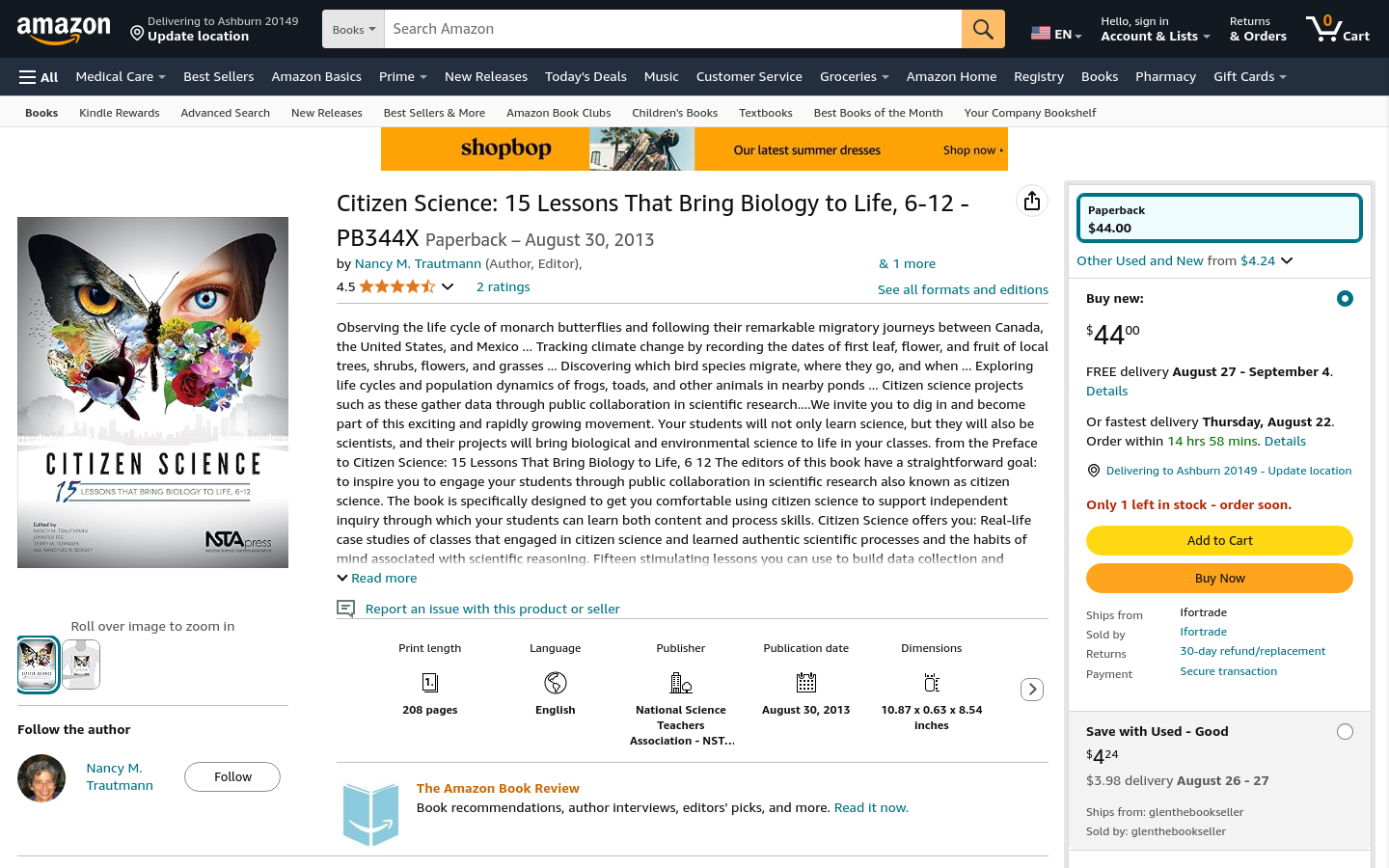
The editors of this book have a straightforward goal: to inspire you to engage your students through public collaboration in scientific research--also known as citizen science.

This White Paper sets out clearly how the UK will continue to unlock and seize the benefits of data sharing in the future in a responsible way.

Anyone interested in using data for social good should read this book." —Stefaan Verhulst, Co-Founder of The Govlab, New York University and Editor-in-Chief of Data & Policy “The non-profit needs to build data capability so it continues ...

This thesis frames the ongoing collection of location data as an ongoing population survey. The ethics of data collection are beyond the scope of this work.

Moreover, disclosures concerning algorithmic systems often take place when their shortcomings (potential harms) are inadvertently exposed, often through the work of public interest groups

This book shows you how analytics can be implemented in your own milieu: What is the downstream impact of new legislation? How can we make programs more efficient? Is it possible to predict policy outcomes without analytics?

This book assesses the interplay between social media, political polarization, and civic engagement, focusing on countries with differing media environments, cultural specifics, and degrees of democratization

This book contributes to this endeavour by bringing together cutting edge research on the theory and practice of deliberative systems
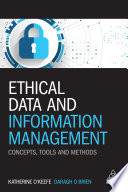
Information and how we manage, process and govern it is becoming increasingly important as organizations ride the wave of the big data revolution. Ethical Data and Information Management offers a practical guide for people in organizations who are tasked with implementing information management projects. It sets out, in a clear and structured way, the fundamentals of ethics, and provides practical and pragmatic methods for organizations to embed ethical principles and practices into their management and governance of information. Written by global experts in the field, Ethical Data and Information Management is an important book addressing a topic high on the information management agenda. Key coverage includes how to build ethical checks and balances into data governance decision making; using quality management methods to assess and evaluate the ethical nature of processing during design; change methods to communicate ethical values; how to avoid common problems that affect ethical action; and how to make the business case for ethical behaviours.

This book provides a concise and usable overview of the practical implications of important public sector United States federal, state, and municipal laws and standards related to information governance, as they pertain to librarians, research staff, universities, corporate regulatory managers, and public-sector information governance professionals. It is the first in a series of two volumes addressing public sector information governance compliance matters from the perspective of our target audience. Topics addressed in the book include: the evolving role of librarians and the need for librarians and legal researchers to understand the principles of information governance, the importance of broad-based regulatory IG principles such as the Federal Records Act, the Paperwork Reduction Act of 1980 and 36 CFR Chapter XII, Subchapter B – Records Management, that have been promulgated by various federal government agencies in framing public-sector IG principles, a survey of interpretive surveys from the Office of Management and Budget (OMB) that further elucidate the core IG principles applicable to public sector stakeholders, case studies detailing the application of important IG principles by federal agencies and bodies, and a survey of important IG issues facing state and local governments.

The Committee on National Statistics of the National Academies of Sciences, Engineering, and Medicine convened a 2-day public workshop from December 11-12, 2019, to discuss the suite of data products the Census Bureau will generate from the ...

This book considers the radical effects the emergence of social media and digital politics have had on the way that advocacy organisations mobilise and organise citizens into political participation

In revealing this history, the book provides a rich empirical look at the communication tools, practices, and infrastructure that shape contemporary online campaigning

Preface / Stephen Salyer -- Introduction: news literacy in the dawn of a hypermedia age / Paul Mihailidis -- THEORETICAL MODELS FOR NEWS LITERACY EDUCATION.

This book will be a valuable resource for scholars and students across Urban Planning, Sustainability and STS, as well as practitioners and policy makers involved in the development of urban life.

This paper studies how the Global Open Data Index (GODI) mobilises different audiences and translates into open data policy and publication.

Governments can use artificial intelligence (AI) to design better policies and make better and more targeted decisions, enhance communication and engagement with citizens, and improve the speed and quality of public services

Data access is essential for serving the public good. This book provides new frameworks to address the resultant privacy issues.

This book investigates the ethical challenges the internet presents to contemporary parliamentary democracy in Europe and how these challenges are being addressed

The increased use of digital politics by citizens, groups, and governments over the last 25 years carried the promise of transforming the way politics and government was practiced
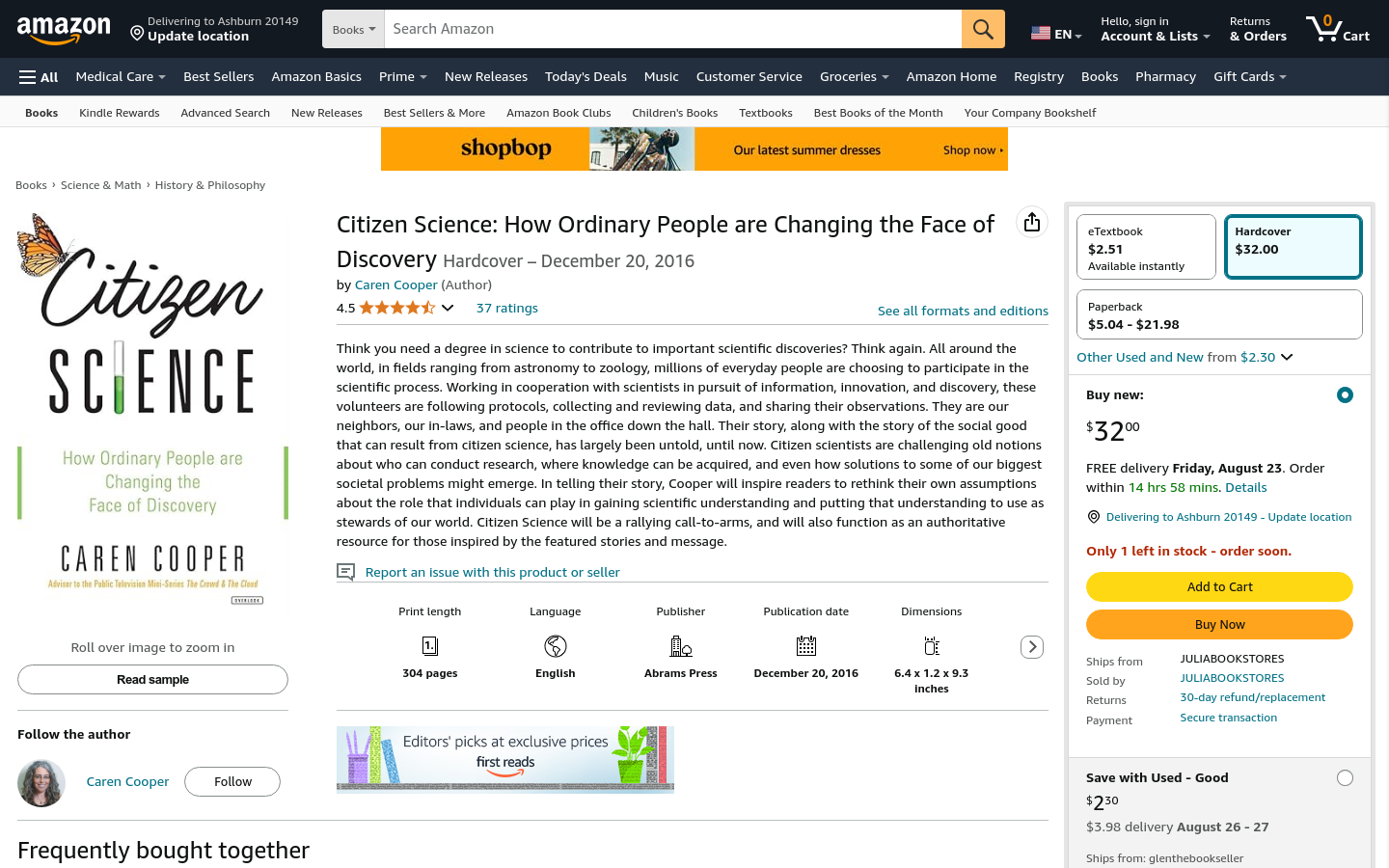
They’re our neighbors, in-laws, and coworkers. Their story, along with the story of the social good that can result from citizen science, has largely been untold, until now.

Shira Eve Epstein provides the best practical guide for teachers who want their students to confront social problems.” —Peter Levine, Lincoln Filene Professor of Citizenship & Public Affairs, Tufts University
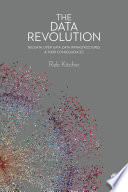
Accessible in style, the book provides: A synoptic overview of big data, open data and data infrastructures An introduction to thinking conceptually about data, data infrastructures, data analytics and data markets Acritical discussion of ...

This volume represents the authentic voices of the thinkers, writers and designers who are helping to build a 'canon' of informed literature which documents the development of the discipline.
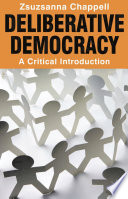
This book provides an ideal starting point in understanding the core concepts of deliberative democracy

In Sharing Cities, Duncan McLaren and Julian Agyeman argue that the intersection of cities' highly networked physical space with new digital technologies and new mediated forms of sharing offers cities the opportunity to connect smart









